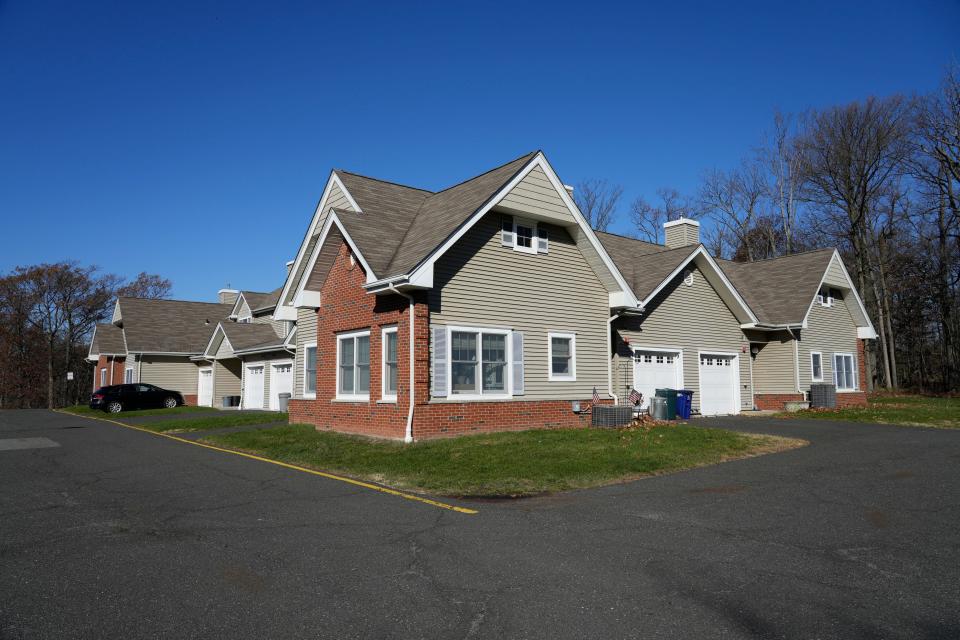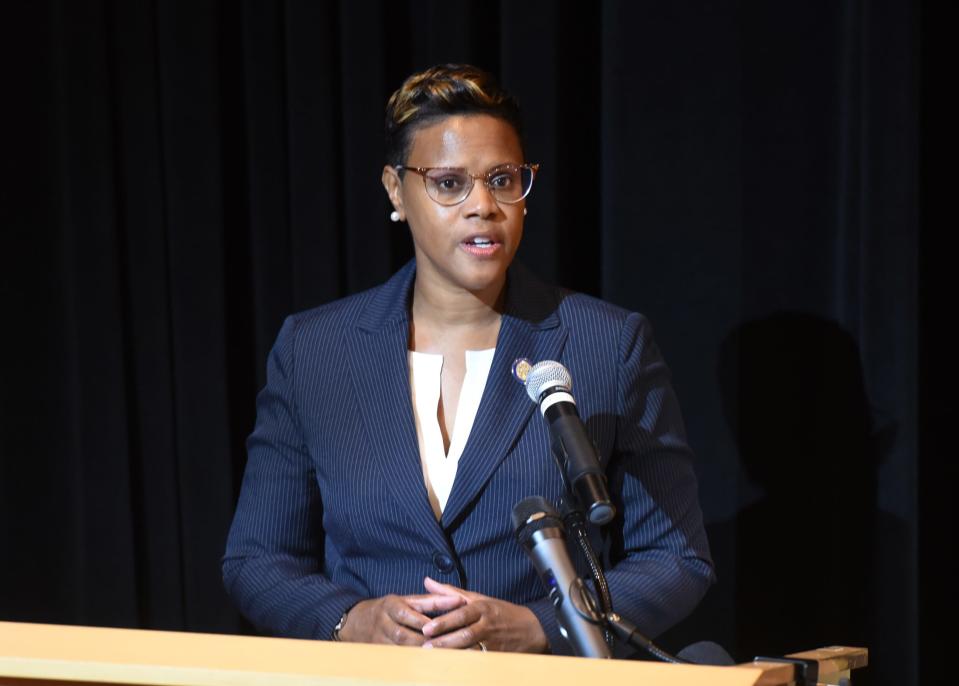Affordable housing can benefit all of us in New Jersey. Protect Mount Laurel | Opinion
Housing prices have soared in recent years. Thus, the shortage of affordable housing is depriving hardworking families all over New Jersey. These inflated prices are confining not just low-income families, but also the middle class.
To understand the roots of this problem — and how we can overcome it — it helps to understand the history of New Jersey. Following the U.S. Supreme Court ruling striking down explicit racial zoning laws in 1917, segregationists throughout our state turned to land use zoning to accomplish similar effects, which accelerated in reaction to the Civil Rights Movement. This “exclusionary zoning” limits the size and type of buildings that can be built in a particular locality, typically barring the development of apartments, townhomes and affordable housing.

However, in the New Jersey Supreme Court’s ensuing Mount Laurel decisions, exclusionary zoning was declared unconstitutional. The court held that every town in the state has an affirmative obligation to provide its fair share of the region’s affordable housing.
The Mount Laurel Doctrine has grown into a robust system protecting the rights of many of New Jersey’s poorest residents to live in safe and affordable homes. A new report by the Fair Share Housing Center shows that tens of thousands of affordable homes have been constructed as a result of the Mount Laurel decision.
Following several years of obstruction by Gov. Chris Christie, Mount Laurel enforcement was reinvigorated by a 2015 New Jersey Supreme Court ruling. Since then, the rate of affordable housing production has nearly doubled, multifamily housing production has significantly increased, and neighborhoods have become more integrated.
As New Jersey prepares for the fourth round of Mount Laurel obligations in 2025 — when each municipality must develop an updated plan for how to provide additional affordable homes — now, more than ever, it is critical for policymakers to safeguard and strengthen the Mount Laurel framework.
It is pertinent to note that our state is taking necessary steps to invest in affordable housing. However, considering that North Jersey ranks as the most competitive rental market in the U.S., with South Jersey not far behind, there is still much more that needs to be done.
When comparing the economic and health outcomes of affordable housing residents in Mount Laurel with those who applied for housing but did not receive it, the improvements are profound.
The "Climbing Mount Laurel" study found that employment rates increased by 22% and earnings increased by 25%, with incomes significantly higher than those who were unable to access affordable housing. As a result of declining social and economic stressors, reliance on welfare among new affordable housing residents decreased by 67% and mental health measures increased by 25%. This result is consistent with broader national studies finding that accessing housing in a lower-poverty area leads to significant increases in children’s likelihood of going to college and in their earnings as adults.
Affordable housing does not just benefit those who live in it. Affordable housing benefits all of us. Exclusionary zoning has detrimental effects on society at-large — limiting labor mobility and causing significant slowdowns in overall economic growth.
Ultimately, access to affordable housing in vibrant communities, with strong schools and employment opportunities, addresses so many other problems at the root.
As chair of the New Jersey Legislative Black Caucus, I urge my fellow policymakers, stakeholders and residents across our great state to join me in ensuring that the Mount Laurel framework is protected and expanded to meet the housing challenges facing our state’s families.
All New Jersey residents deserve access to stable and affordable housing.
Assemblywoman Shavonda E. Sumter represents the 35th Legislative District, which includes Elmwood Park, Garfield, Haledon, North Haledon, Paterson and Prospect Park in Bergen and Passaic counties.

This article originally appeared on NorthJersey.com: NJ Affordable Housing Mount Laurel

